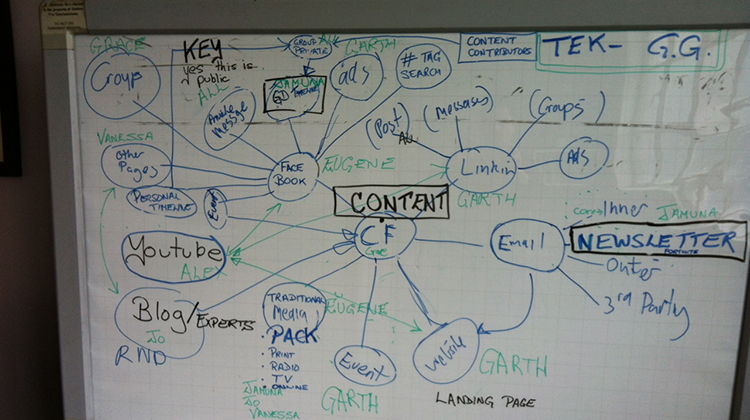Marketing plan management is the development of efficient and profitable social and managerial strategies and processes that identify and foresee the stakeholders and potential attendees’ needs.
The major functions for managing a marketing plan are:
Situation Analysis
Understand the nature and identify the reasons or need to market the event. Assess the quality or value of the event based on its objectives and goals. Identify the marketing results you want and the steps necessary to achieve it. Analyse opportunities based on your surroundings and your competitors.
Target Market Definition
As an events’ organiser, you need to know the strengths and weaknesses of your organisation in order to showcase your strengths to your target audience. The modes of marketing you choose, such as advertising and social media, need to reflect who you are as an organisation to attract more people to your event. Identify the characteristics of your target groups so you can ascertain what they respond to or what appeals to them. Get to know their needs and expectations and use these as your guide to develop and maintain a relation with them.
Messages and Branding
An innovative and unique service or feature that appeals to your target market is important. This can be achieved by identifying modes of communication and creating a unique brand, name or logo that reflects your organisation’s vision. Consistent brand and services avoid mixed messages with your target market.
Marketing Media
Identify the different types of communication channels and tools and understand their advantages and disadvantages. Choose the most effective data storage to deliver accurate information about the event to the target audience. Ensure their needs are addressed throughout the event.
Strategy Integration
The marketing activities you select need to be in line with the characteristics of your market audience. For instance, if your potential attendees are young people who are into pop culture, the most effective marketing channels would be social media or entertainment. Develop a combination of factors that can be controlled by your organisation based on its’ strengths and objectives to influence and encourage suitable attendees. Create a clear plan that shows all marketing activities, which includes the dates and times, with a set deadline. An accurate combination of these activities ensures they are scheduled favourably.
An effective marketing plan is important for every event to achieve its social and managerial objectives.
